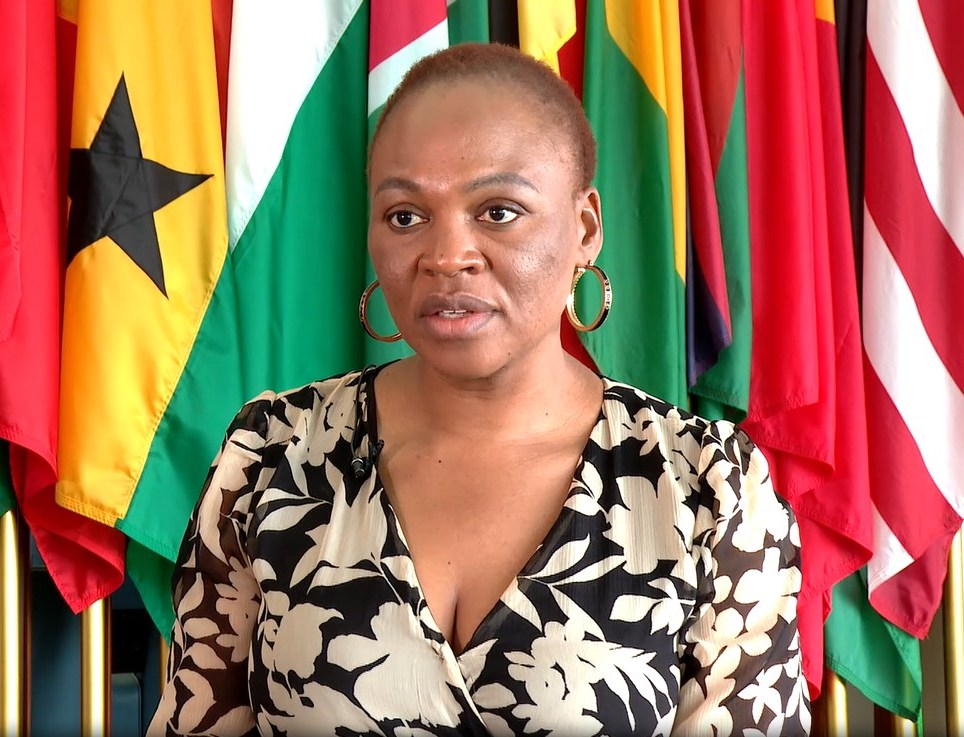Africa Must Prioritize Projects that Drive Regional, Continental Integration: AU - ENA English
Africa Must Prioritize Projects that Drive Regional, Continental Integration: AU

Addis Ababa, July 2, 2025 (ENA) -- The African Union (AU) has called on its member states to prioritize development projects that promote regional and continental integration as the continent enters the second phase of implementing Agenda 2063.
In an exclusive interview with ENA, Botho Kebabonye, Director of Strategic Planning and Delivery at the African Union Commission, emphasized the importance of aligning national efforts with continental and global development agendas.
She highlighted that Africa’s strategies are increasingly in sync with frameworks such as the United Nations Sustainable Development Goals (SDGs) and Agenda 2063, the AU’s blueprint for inclusive and sustainable development.
“Agenda 2063 is central to building a peaceful, united, and prosperous Africa. As we begin the second ten-year implementation phase, one of our key priorities is to ensure equitable income distribution across the continent,” the director stated.
Reflecting on the achievements of the first implementation decade, she stressed the need to harness Africa’s vast natural and human resources to sustain economic growth and development.
According to the director, integration-focused projects, particularly the African Continental Free Trade Area (AfCFTA), must be fully implemented to strengthen intra-African trade and drive economic unity.
"For us to achieve the peaceful Africa we envision, we must resolve conflicts amicably and peacefully. Integration is a key and flagship initiatives like the AfCFTA are crucial to that process,” she said.
She underscored that effective delivery on national development plans is essential to realizing the goals of Agenda 2063.
“We are seeing encouraging progress, greater coordination among member states, better alignment with the SDGs, and growing momentum in the domestication of Agenda 2063,” Kebabonye noted.
However, she emphasized that awareness and commitment from African stakeholders are vital, especially in mobilizing domestic resources to finance the agenda.
She urged member states to align their national development strategies with continental priorities to ensure cohesive and impactful implementation.
Kebabonye also pointed to the positive strides being made to improve connectivity across the continent, noting that bolstering trade among African nations is both timely and necessary.
Despite the progress, the director warned that climate change presents a serious obstacle to the successful execution of Agenda 2063.
“Climate change is a global challenge, but its implications are particularly severe for Africa. We need resilient systems that can withstand its impact,” she said.
The director also called on AU members to accelerate implementation, strengthen monitoring and evaluation frameworks, address current gaps with targeted interventions, and ensure practical, result-oriented actions.
Echoing this vision, Ethiopia’s State Minister of Planning and Development, Tirumar Abate, affirmed that Ethiopia is undertaking strategic projects to enhance regional connectivity in line with the AU’s agenda.
The state minister noted that the country is aligning its national development priorities with Agenda 2063 to contribute meaningfully to the continental transformation.
According to the African Union, the second ten-year implementation phase of Agenda 2063 will run from 2024 to 2033.